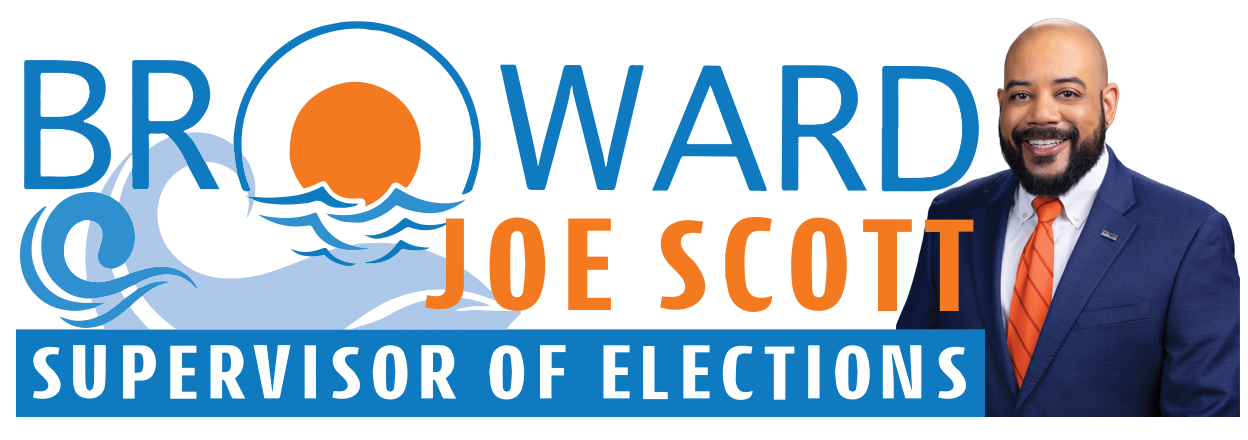The Help America Vote Act (HAVA) is an item of United States federal election law signed in to law on October 29, 2002. Under HAVA, a new federal voter registration form was created. HAVA guarantees the ability of individuals to cast a provisional ballot and have the validity of their registration checked later if they do not appear on voter registration rolls.
MAIN POINTS OF HAVA
The law requires:
- voters to show ID before voting
- states to provide provisional ballots for voters whose registration status is unclear when they arrive to vote
- states to provide a way for those with impaired vision or hearing to cast a secret ballot
- states to make polling locations and voting machines accessible to voters with physical disabilities
- voting machines to allow voters to verify ballots before they are cast
- voters be able to correct a mistake or leave a blank, i.e., not cast a vote in a particular contest
- voters be notified if they "misvote," i.e., cast votes for two different candidates running for the same office. Voters must also be told if a misvote will void their ballot
- voting systems to leave a record that can be audited
- voting systems to leave a permanent paper record that can be used as an official record should a recount become necessary
- that states, in some cases, provide ballots for voters who don't speak English
- states to create and maintain electronic voter registration databases and improve efforts to remove ineligible voters from the registration rolls
- states to offer sample ballots for voters to review before the date of the election
- absentee voters to provide copies of IDs or an ID number for voter verification, but states must maintain the secrecy of the vote
HELPFUL LINKS:
Florida Department of State
U.S. Election Assistance Commission










